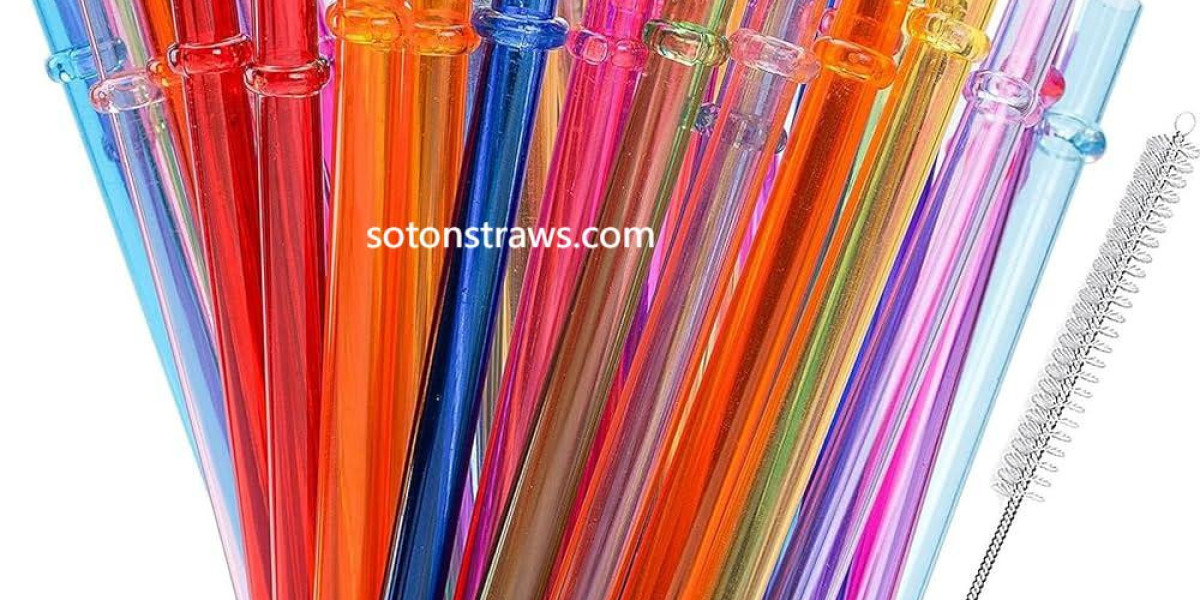In a world where consumer product safety is paramount, especially for items involving food contact and vulnerable users like children, the materials and manufacturing processes behind everyday items undergo intense scrutiny. The ubiquitous drinking conduit is no exception. Polypropylene, the material behind the modern PP Straw , is favored for its excellent safety profile, but ensuring this safety consistently requires stringent manufacturing controls and deep expertise.
Global regulatory bodies have established comprehensive frameworks governing food contact materials. These regulations mandate limits on substances that could potentially migrate from the product into food or beverages, ensuring long-term consumer safety. Polypropylene naturally possesses strong resistance to chemical leaching, making it an ideal candidate. However, the purity of the raw material, the additives used (like colorants or processing aids), and the manufacturing conditions themselves are critical factors in maintaining this inherent safety. Contaminants or improperly processed material can undermine the safety advantages.
This focus on safety is particularly acute in markets catering to children and individuals with specific health needs. Parents and caregivers demand absolute confidence that products are free from harmful substances like certain plasticizers or heavy metals. Products must also meet physical safety standards – being robust enough not to present choking hazards through breakage, yet appropriately flexible if designed for certain users. Rigorous testing protocols, including migration testing, heavy metal analysis, and mechanical stress tests, are essential to verify compliance and provide peace of mind.
Manufacturers bear the significant responsibility of translating regulatory requirements into consistently safe products. This demands more than just good intentions; it requires a vertically integrated approach. Sourcing certified, food-grade raw materials from reputable suppliers is the first crucial step. Production must occur in controlled environments with strict hygiene protocols. Every batch must undergo thorough quality control checks, often including third-party laboratory verification, to confirm compliance with relevant standards. Traceability throughout the supply chain is also vital for accountability and swift action if needed.
Soton places safety and compliance at the core of its manufacturing philosophy. Our factory operates under rigorous quality management systems designed specifically for food contact products. We invest in advanced processing equipment that ensures material purity and consistent product quality. Our commitment extends to comprehensive testing regimes, verifying that every PP Straw we produce meets or exceeds the strictest international safety standards. We understand the profound trust placed in products used daily, especially by vulnerable populations. Soton's dedication to uncompromising safety protocols and transparency provides our partners and, ultimately, consumers worldwide with the assurance they need and deserve. We are proud to contribute to safer hydration solutions through meticulous manufacturing excellence.click https://www.sotonstraws.com/product/biodegradable-straws/st101-paper-straws/ to reading more information.








